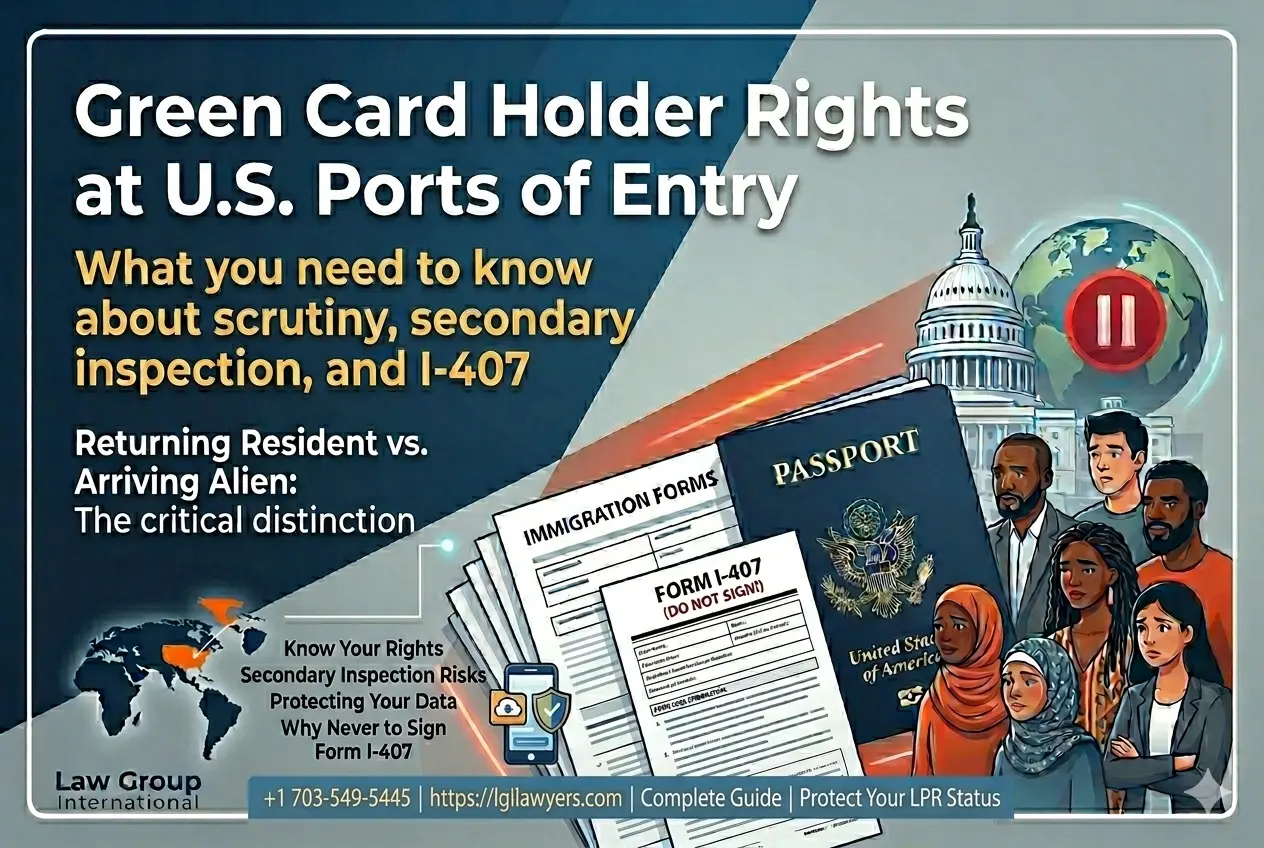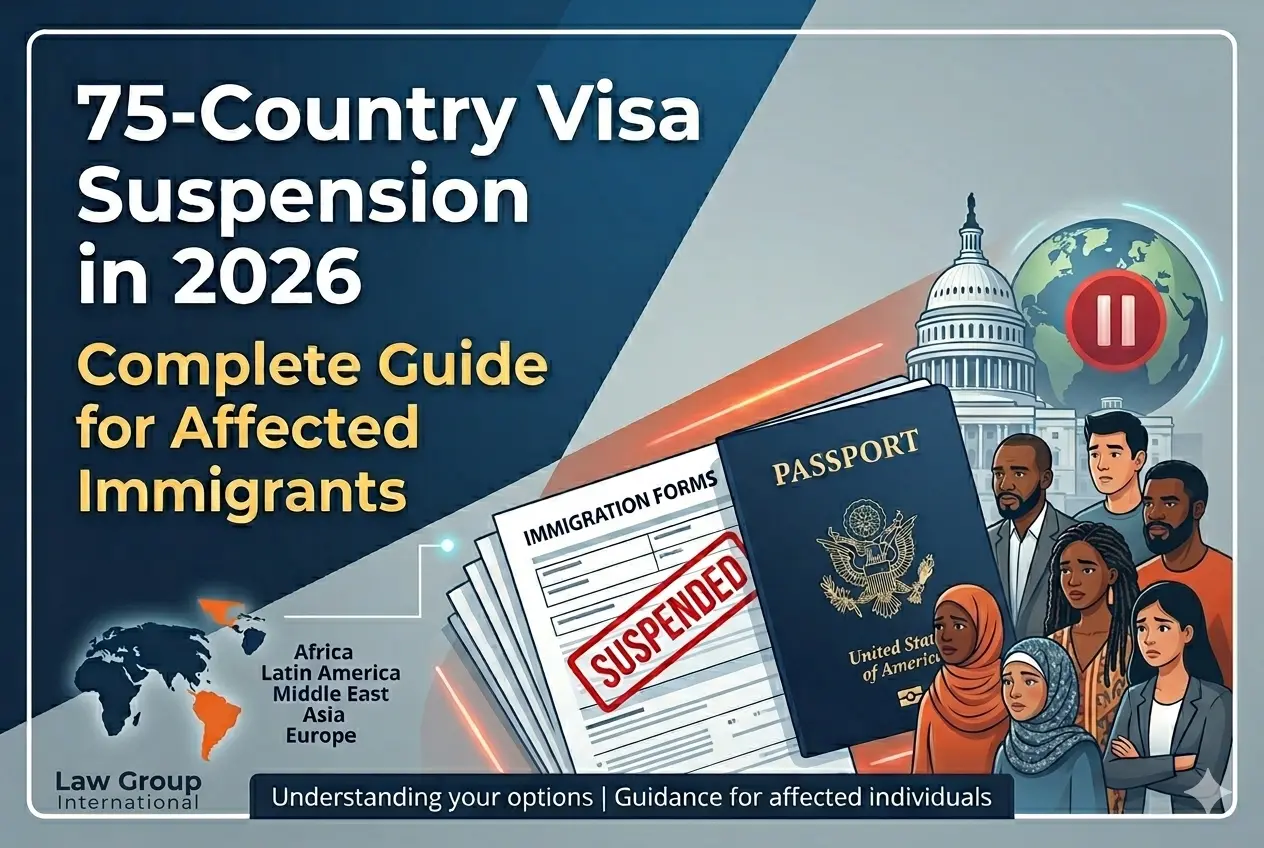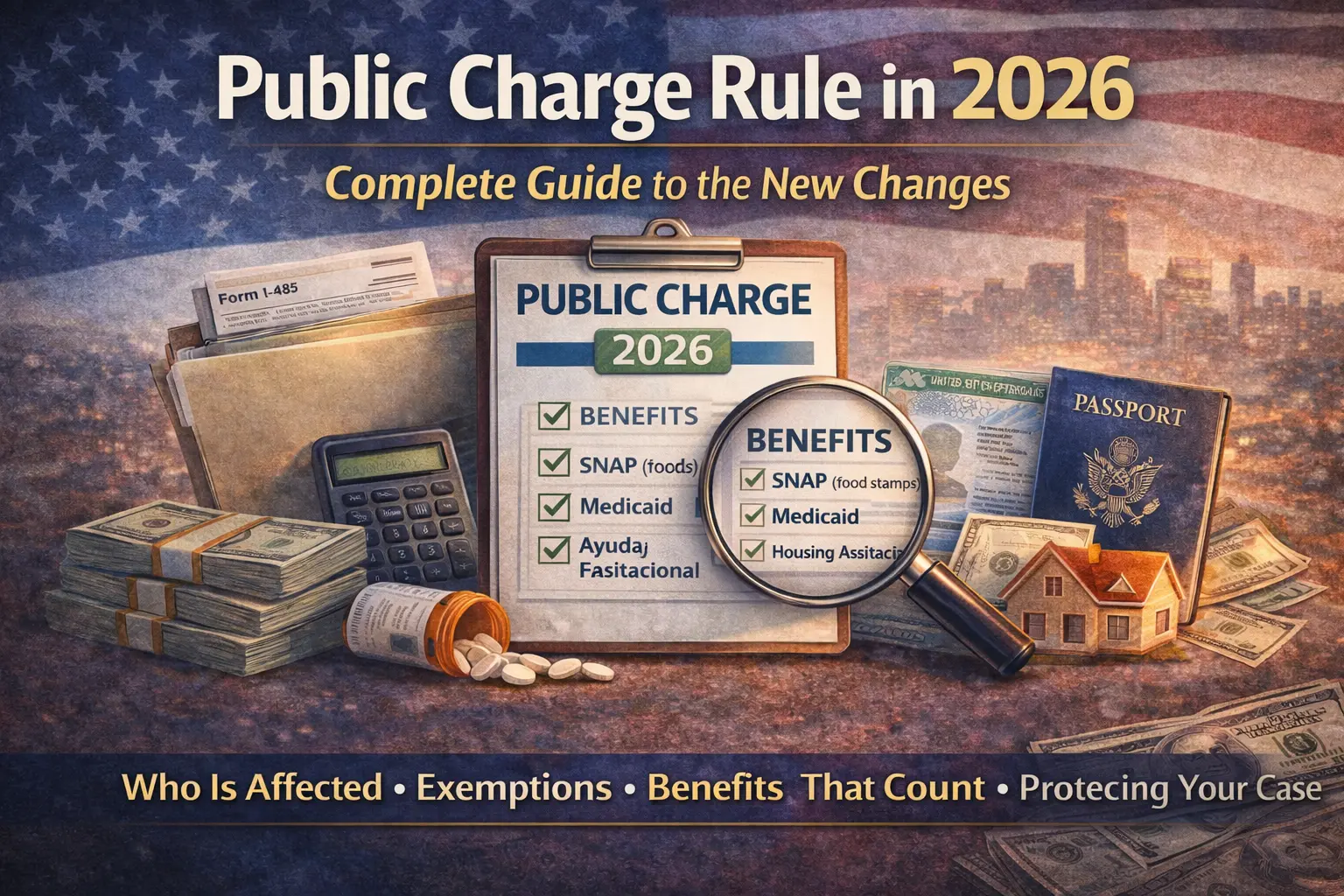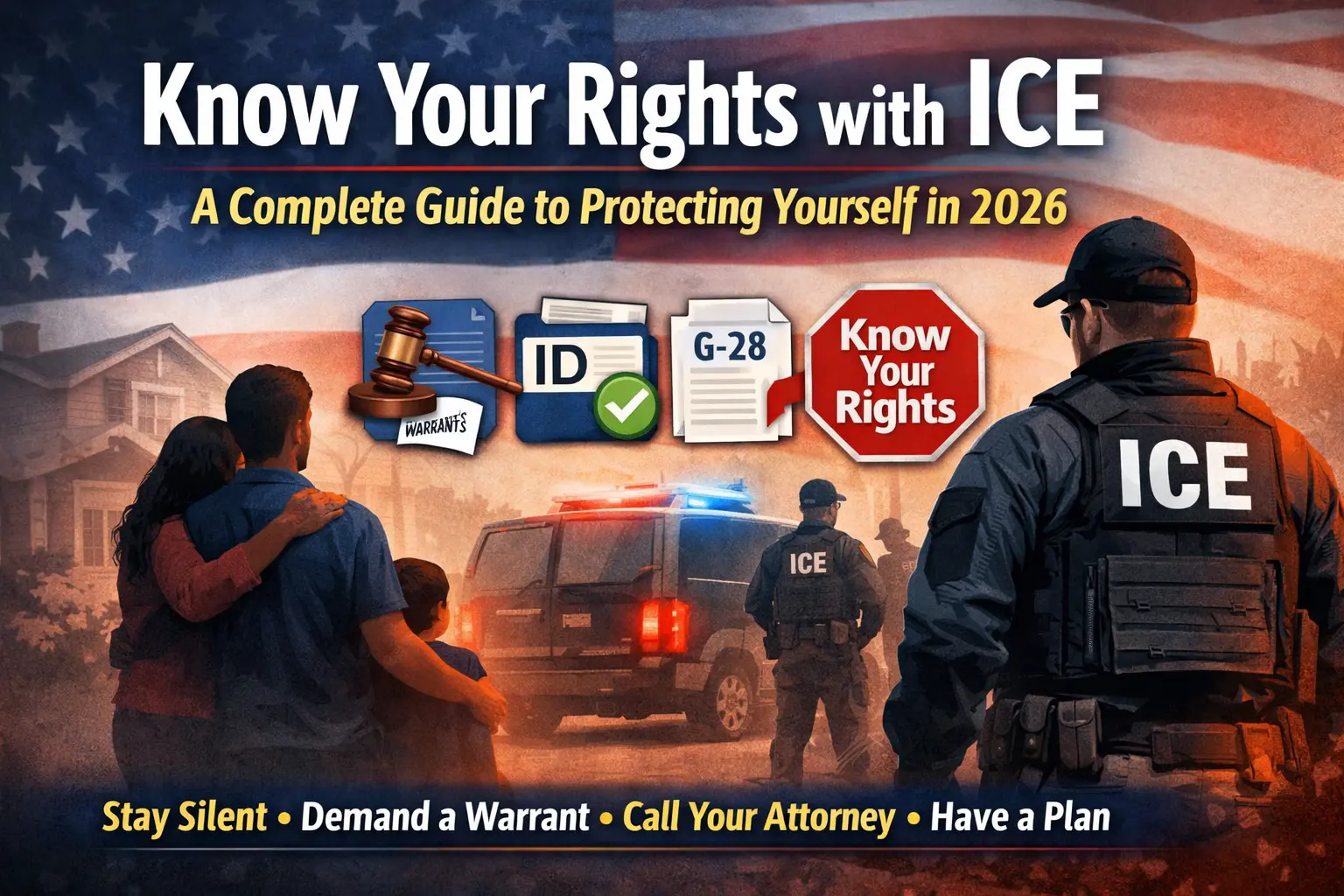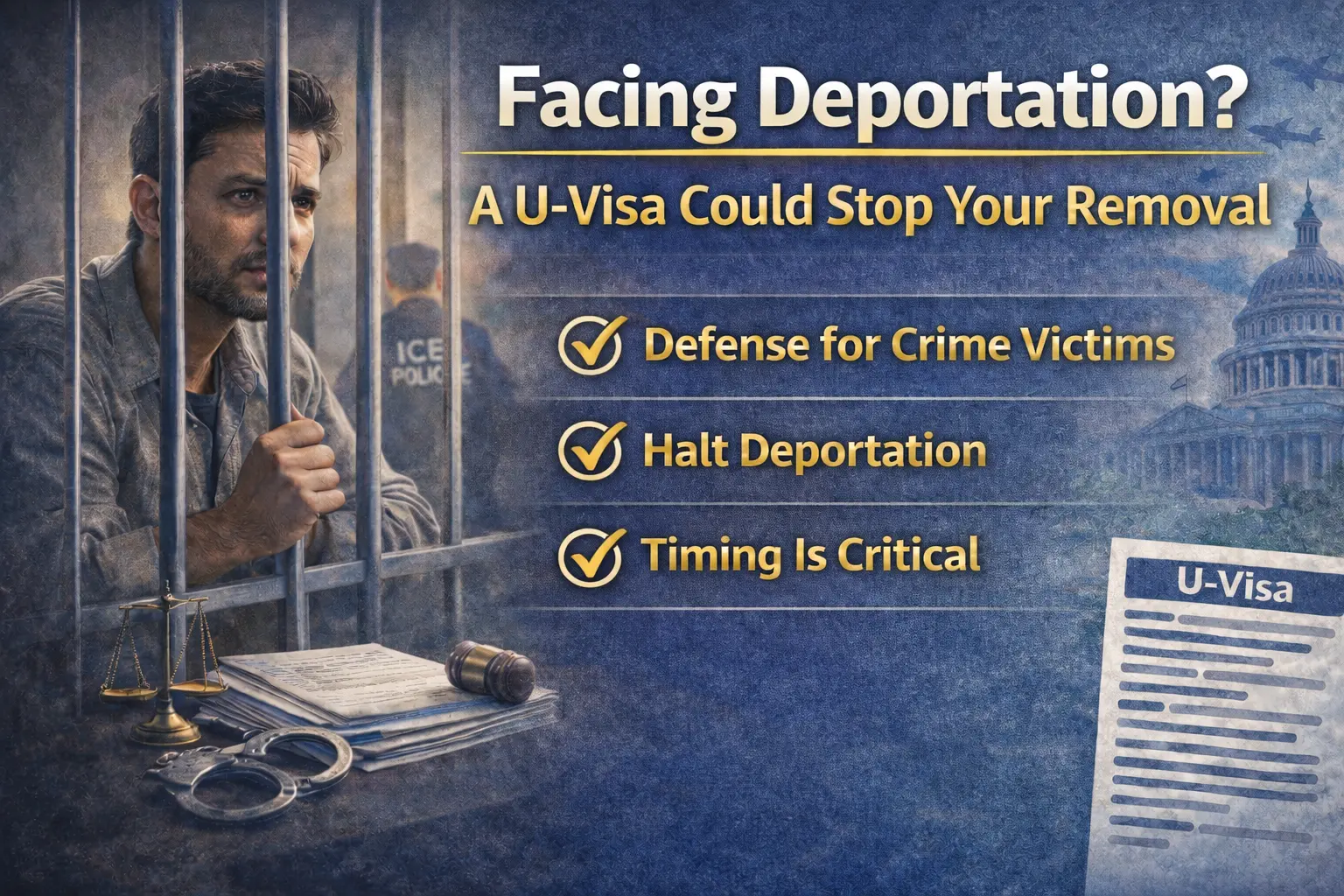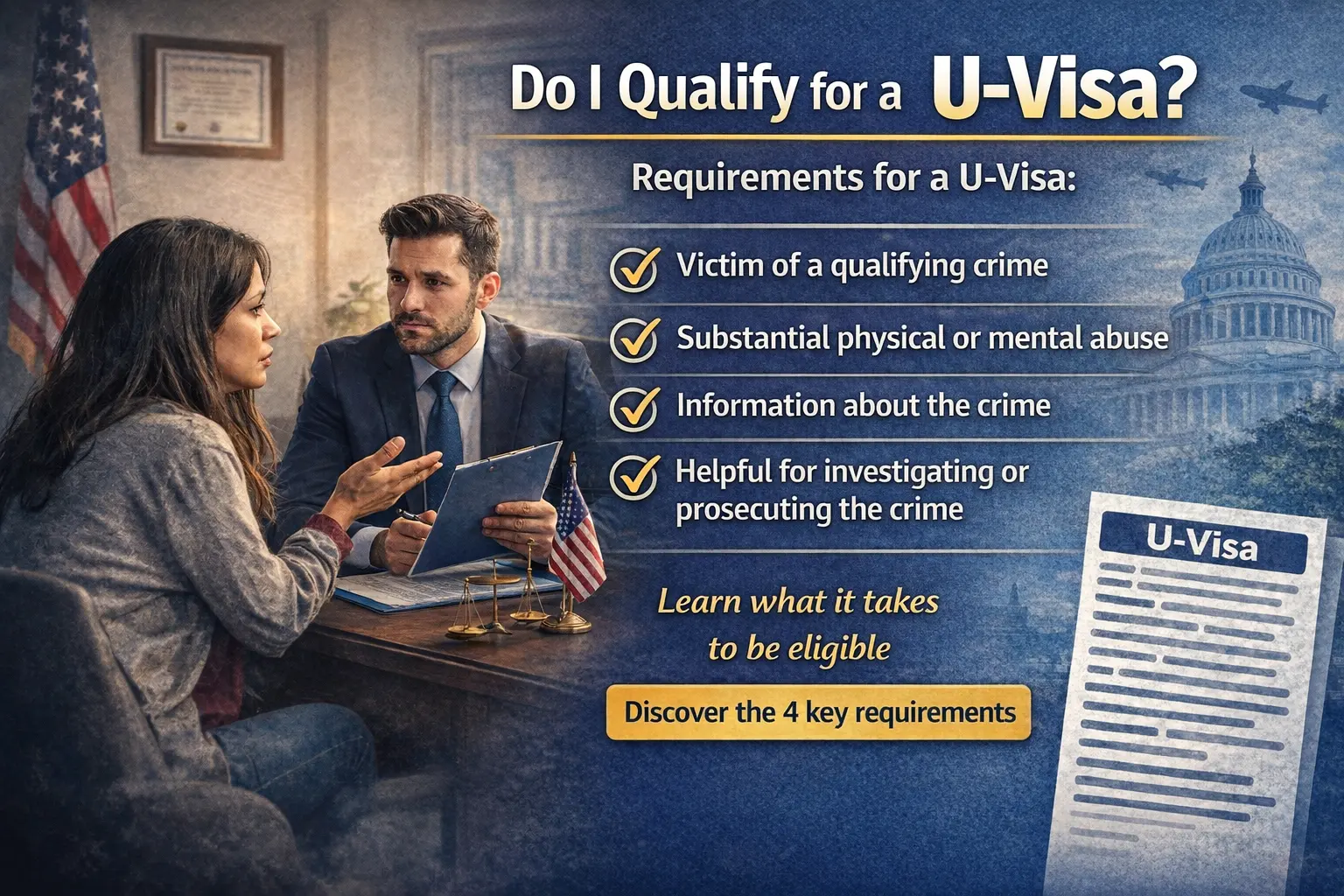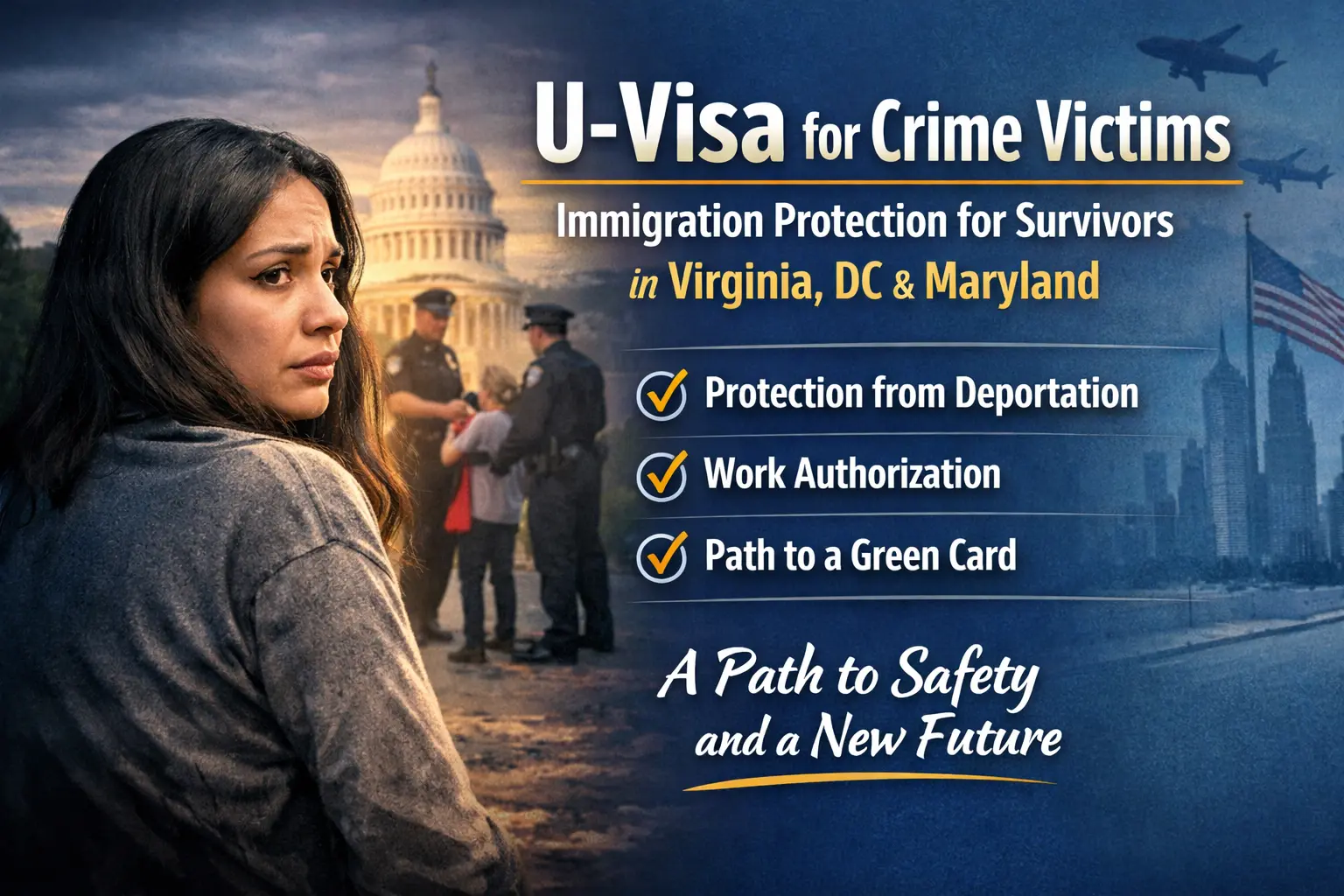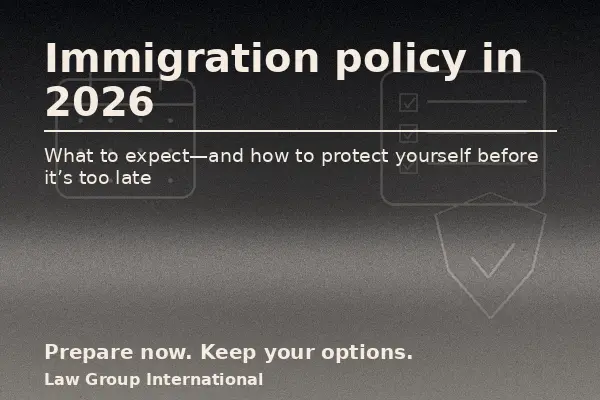EB-1 Visa FAQ Hub: 25 Questions Answered
The EB-1 visa is one of the fastest and most prestigious routes to U.S. permanent residency, reserved for individuals with extraordinary talent or leadership in their field. At Law Group International, we know the EB-1 process can raise many questions—so we’ve compiled clear answers to the 25 most common ones to help you navigate the path with confidence.
Overview of EB-1
What is the EB-1 visa?
The EB-1 visa is a first-preference employment-based green card for individuals with extraordinary ability (EB-1A), outstanding professors and researchers (EB-1B), or multinational executives and managers (EB-1C). Learn more.
What are the EB-1 subcategories (EB-1A, EB-1B, EB-1C)?
- EB-1A: For individuals with extraordinary ability in sciences, arts, education, business, or athletics.
- EB-1B: For outstanding professors and researchers with at least 3 years of experience and international recognition.
- EB-1C: For executives and managers transferring from a foreign affiliate to a U.S. branch.
Eligibility & Evidence
What qualifies as “extraordinary ability” for EB-1A?
USCIS requires proof of sustained national or international acclaim, met through a one-time achievement (like a major award) or at least 3 of 10 regulatory criteria.
Do I need a U.S. job offer to file under EB-1A?
No. EB-1A allows self-petitioning, so you don’t need a job offer or employer sponsor.
What types of evidence satisfy the EB-1A criteria?
Awards, memberships, published material, judging others’ work, original contributions, authorship, exhibitions, leadership roles, high salary, and commercial success.
Who is eligible for EB-1B (Outstanding Professors & Researchers)?
You must have at least 3 years of teaching or research experience, international recognition, and a permanent job offer from a U.S. university or research institution.
What evidence is required for an EB-1B petition?
Publication records, citation metrics, membership in scholarly associations, and letters of recommendation from recognized experts.
Who qualifies under EB-1C (Multinational Executives & Managers)?
You must have worked abroad for at least one year in the past 3 years in a managerial/executive role and now be transferring to a U.S. affiliate.
What corporate documentation is needed for EB-1C?
Org charts, payroll records, job descriptions, business licenses, and documentation proving the corporate relationship.
Can I apply under multiple EB-1 subcategories at once?
Yes, if you qualify. This strategy can help strengthen your chances or provide a backup option.
Filing Process & Timing
How do I file Form I-140 for an EB-1 petition?
Prepare supporting documentation, complete Form I-140, and file with USCIS.
How long does USCIS take to process an EB-1 I-140?
Standard processing times range from 6 to 10 months, depending on the service center. With premium processing, decisions are made in 15 calendar days.
What is premium processing and how do I request it?
Premium processing is an expedited service offered by USCIS for an additional fee (currently $2,805). File Form I-907 with your I-140 to use it.
How do EB-1 priority dates work?
Your priority date is the day USCIS receives your I-140. You can apply for your green card (I-485 or DS-260) once your priority date is current per the Visa Bulletin.
Can I file Adjustment of Status (I-485) concurrently with my I-140?
Yes, if your priority date is current, you can file I-140 and I-485 at the same time.
What should I do if USCIS issues a Request for Evidence (RFE)?
Carefully review the request, gather the needed documents, and respond by the deadline. LGI can help craft a strong RFE response to keep your petition on track.
Costs & Fees
What are the USCIS filing fees for an EB-1 petition?
Form I-140: $715 Form I-485 (AOS): $1,440 (includes biometrics)
Are there additional fees for premium processing?
Yes. Premium processing currently costs $2,805 (Form I-907).
What legal fees can I expect to pay an EB-1 green card attorney?
Legal fees vary by case complexity but often range from $6,000 to $12,000. At LGI, we offer flat-rate packages with full-service support.
Are any fees refundable if my petition is denied?
USCIS filing and premium processing fees are generally non-refundable.
After Approval
When can I apply for Adjustment of Status or consular processing?
As soon as your EB-1 I-140 is approved and your priority date is current.
How do I maintain my legal status while waiting for my green card?
Ensure you maintain valid nonimmigrant status (e.g., H-1B, O-1) or file Adjustment of Status to obtain an EAD and Advance Parole.
What happens to my priority date if visa numbers retrogress?
You must wait until your date becomes current again before proceeding with Adjustment of Status or consular processing.
Can my spouse and children obtain green cards through my EB-1 petition?
Yes. Your spouse and unmarried children under 21 can apply as derivatives.
How and when do I renew or replace my EB-1 green card?
Green cards are valid for 10 years. File Form I-90 to renew within 6 months of expiration.
Expert Answers, Clear Paths
If you’re navigating the EB-1 green card process, reliable guidance matters. At Law Group International, we provide tailored strategies, responsive support, and deep experience in employment-based immigration.
Explore more on our EB-1 pillar page or schedule a consultation to speak with one of our EB-1 visa attorneys today.
Explore More Immigration Topics
Habeas Corpus and Immigration
March 2, 2026
Green Card Holder Rights at U.S. Ports of Entry
February 28, 2026
75-Country Visa Suspension
February 27, 2026
Public Charge Rule in 2026
February 19, 2026
Know Your Rights with ICE: A Complete Guide
February 17, 2026
VAWA Immigration: Protection for Victims of Domestic Violence
January 28, 2026
U-Visa and Deportation: How This Visa Can Save Your Case
January 19, 2026
U-Visa requirements 2026: Complete eligibility guide
January 13, 2026
Immigration Policy in 2026
January 1, 2026

